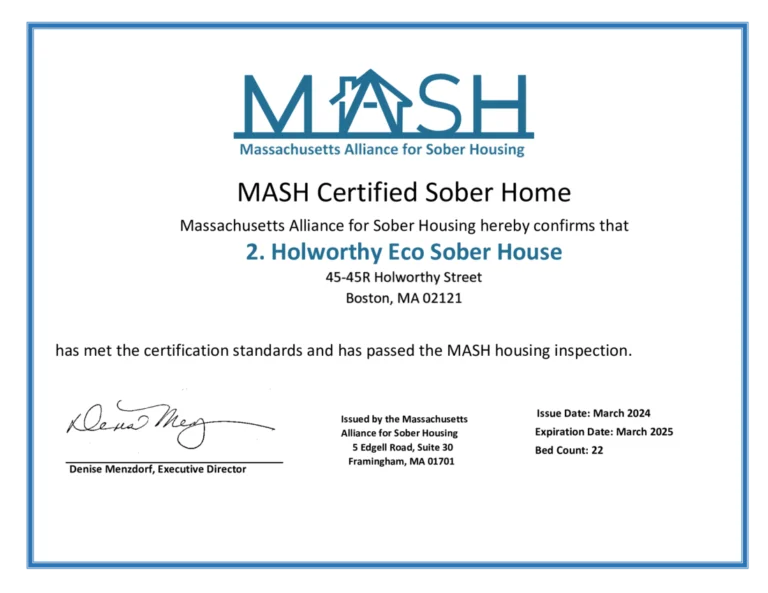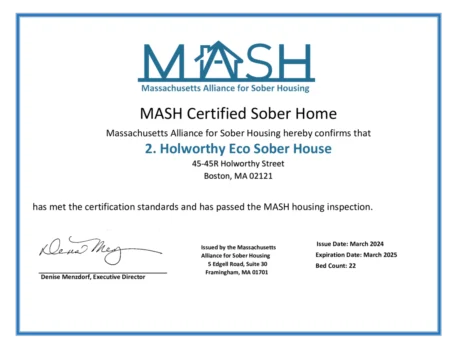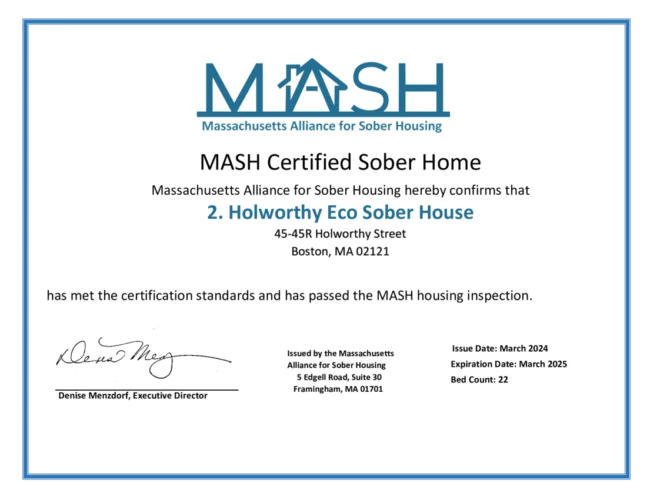
Narcissistic personality disorder (NPD) and alcohol use disorder (AUD) share several similarities. Both conditions can lead to self-absorbed behavior, difficulty maintaining healthy relationships, and a tendency to avoid or mask feelings of shame. People with NPD may use https://ecosoberhouse.com/ alcohol as a coping mechanism to numb their underlying insecurities or boost their sense of grandiosity. Narcissism and alcoholism often intertwine, creating a complex and challenging dynamic. Both conditions can significantly impact a person’s relationships, well-being, and overall quality of life.

The Link Between Narcissistic Personality Disorder and Alcoholism
The third reason is so you very often find covert narcissists who would say I’ve been struggling with alcohol since I was a teenager, but now I know that it’s an illness, a disease. The minute he drinks, he becomes expansive, his body language is aggressive, all out, he touches, he slaps, he hugs, he kisses, he is coercive, he can even sexually assault, given the right circumstances. So I would even venture to say that most sexual assaults are perpetrated by covert narcissists under the influence. So alcohol also provides the covert narcissist with a social setting, with a social context, with social activity.
What are the warning signs of addiction in covert narcissists?
I’ve seen them when drunk not giving a damn on professional obligations, on proper conduct, on moral standards. I mean, they give up, they are utterly out of control and they have so much pent up rage, so much pent up frustration and aggression and envy that when these are let loose, they’re like the hounds of hell. It allows the alcoholic to accomplish goals to become goal oriented. These are goals that he would never even try when he is sober. And this is also why recidivism is as high as 60 percent within the first year after rehab.

What Are Signs of a Covert Narcissist?
The reality for both the overt and covert narcissist is that they have a fragile sense of self. This free narcissistic personality test may be helpful in assessing whether or not you or someone you know display signs of narcissism. Researcher and author Craig Malkin, PhD, suggests that the term “covert” can be misleading. In his work, he states that the term covert is often used to suggest that the covert narcissist is sneaky or that their striving for importance is not as significant as an overt (more extroverted) narcissist. In fact, he reports, the traits of the overt narcissist and the covert narcissist are the same. Remember, you’re not responsible for changing or “fixing” a covert narcissist, even if they’re a loved one.

Of course, alcohol induces changes in the brain, some of them irreversible. He’s a narcissist who failed to obtain narcissistic supply in the classical ways of reaching out to the world, going out to potential sources of supply, and then grooming them or converting them into active sources of supply. When AUD and NPD occur together, it can increase a person’s hostility and aggression. This can make treatment more challenging than it would be to treat each issue separately. The number of criteria a person meets determines whether they have AUD, and if so, the severity of the condition. It can be a part of celebratory occasions and fun, or an occasional way to unwind after a long day.

This mental health condition often manifests in impulsive and self-destructive behaviors, such as substance abuse or self-harm. Individuals with BPD may struggle with maintaining stable relationships due to their fear of abandonment and difficulty regulating their emotions effectively. Covert narcissism may be less covert narcissism and alcoholism apparent than overt narcissism, but this doesn’t mean it is any less harmful. If you know someone who is a covert narcissist, take steps to protect yourself and your emotional well-being. Learn to recognize the signs, don’t take their behavior personally, and create distance between you and that person to help establish clear boundaries. Covert narcissists can be difficult to recognize at the outset of a relationship.
- People with covert narcissism often use several tactics to gain control over others in a relationship.
- They may struggle with jealousy, have a sense of entitlement, and display manipulative behaviors.
- So, they have all this and it constrains them, it constricts them, it makes them people pleasers on the one hand and on the other hand it narrows their lives.
- Thus, by not learning from negative experiences, they might continue to see alcohol consequences as positive.
- For instance, a person with typical narcissistic tendencies might boast openly about their achievements.
- Narciss firmly believes that he is in charge of his addiction, that he can quit at will and on short notice.